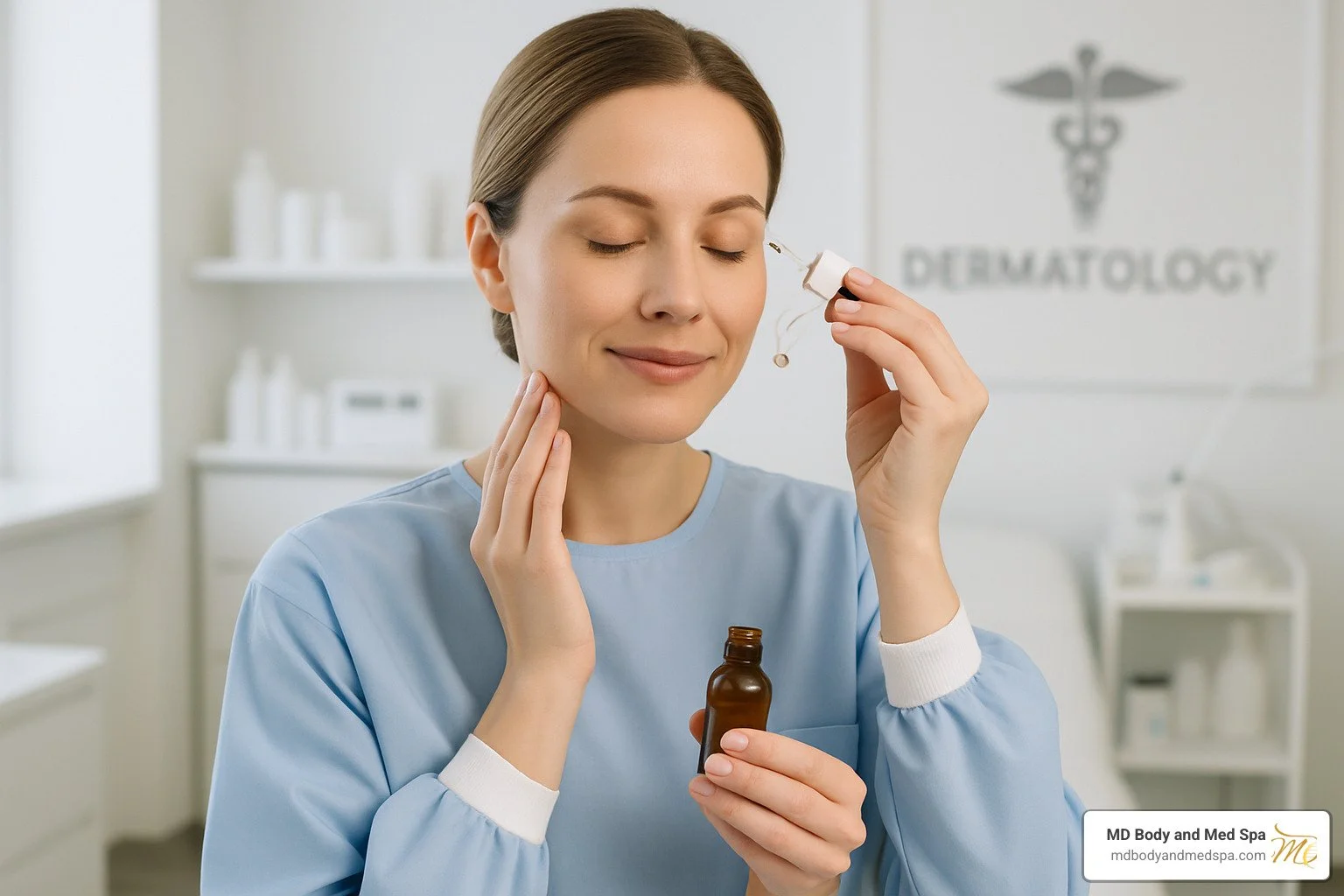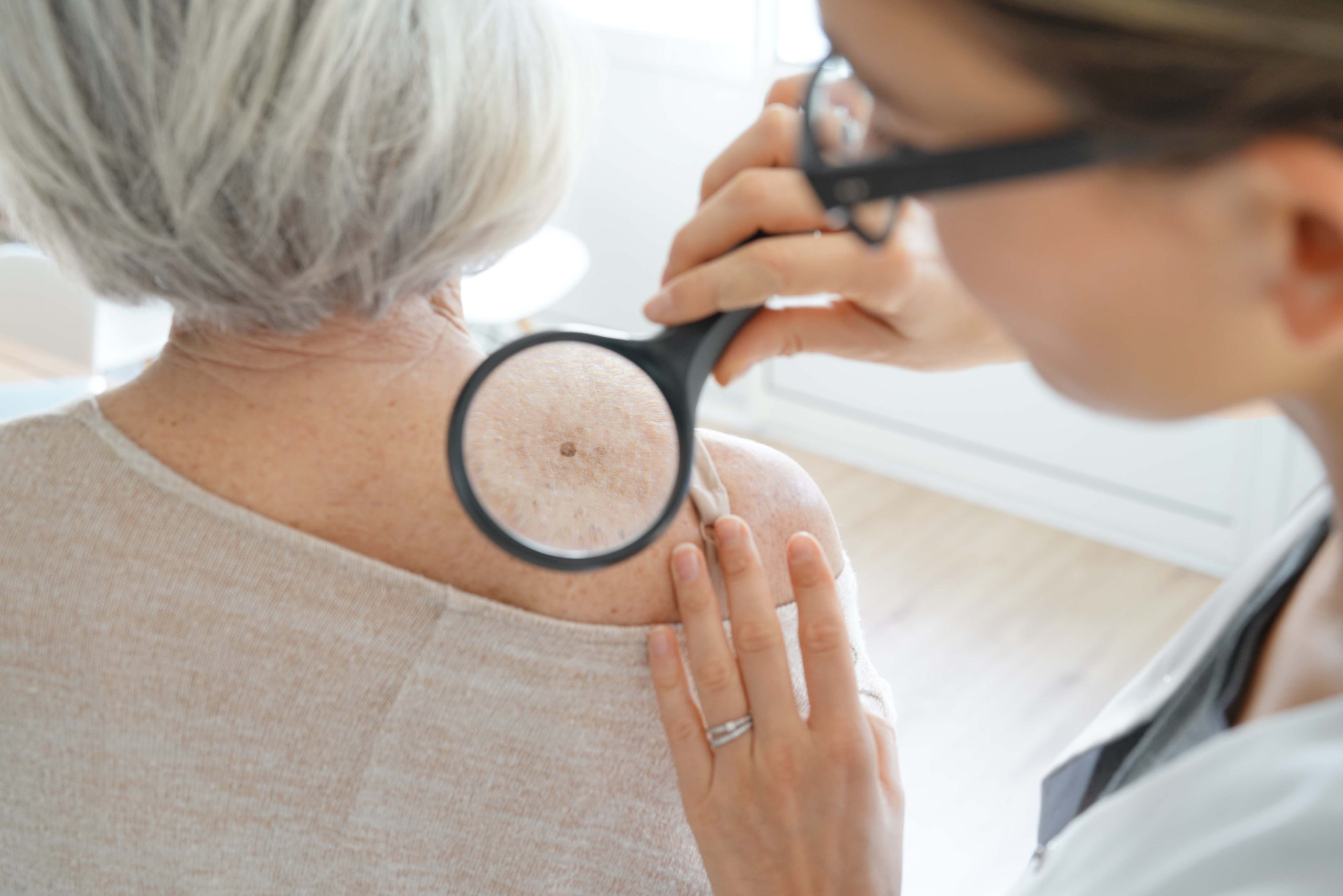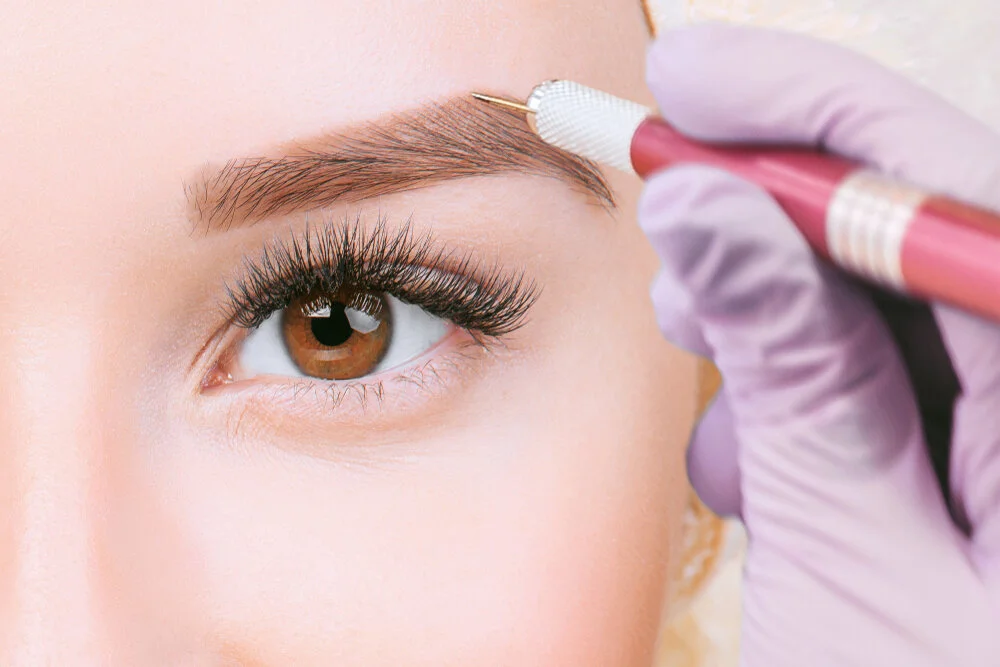
Skincare advice is everywhere—from social media trends to beauty blogs—but not all of it is backed by science. Myths can lead people to waste money, choose the wrong products, or even damage their skin. A dermatologist can cut through the noise with clear, evidence-based guidance. By understanding the truth behind common misconceptions, you can make better choices for your skin health and appearance.
Myth 1: Natural ingredients are always safer for your skin
Many people believe that if a product is labeled “natural,” it must be safe. While some natural ingredients, such as aloe vera, can be beneficial, others can cause irritation or allergic reactions. Poison ivy is a natural plant, but no one would want it in a skincare routine. A Dermatologist can evaluate products based on their ingredients’ safety and effectiveness, not just their source. Using products tested for skin compatibility is a better way to protect your skin.
Myth 2: You don’t need sunscreen on cloudy days
UV rays penetrate through clouds and even glass, meaning your skin is still at risk on overcast days. Daily sunscreen use helps prevent premature aging, sunburn, and skin cancer. Dermatologists recommend a broad-spectrum sunscreen with SPF 30 or higher, applied to all exposed skin every morning. Reapplication every two hours is key if you spend extended time outdoors. Even if you can’t feel the sun’s warmth, your skin still needs protection.
Myth 3: Drinking more water cures dry skin
Hydration is key for overall health, but drinking extra water does not directly fix dry skin. Skin dryness often results from environmental factors, aging, or certain health conditions. Moisturizers, humidifiers, and gentle cleansers are more effective for restoring skin hydration. Dermatologists can help identify the root cause of persistent dryness and recommend targeted treatments that go beyond general lifestyle advice.
Myth 4: Pores can open and close
Pores do not have muscles, so they cannot physically open or close. Steam may temporarily make them appear smaller by loosening debris and oil, but this is a visual effect. Dermatologists recommend keeping pores clean with consistent cleansing and exfoliation, rather than relying on “pore-opening” treatments. Healthy skin comes from consistent care, not quick fixes.
Myth 5: You can ‘detox’ your skin with special products
The body already has an effective detox system—your liver, kidneys, and skin itself. So-called detox skincare products often rely on marketing terms rather than proven science. While masks and cleansers can help remove dirt and oil, they do not pull toxins out of the skin. A dermatologist can guide you toward products that support skin health without making exaggerated claims.
Visit With a Dermatologist
A dermatologist offers more than just treatments for skin conditions—they are a reliable source for separating fact from fiction. They use medical training and the latest research to address concerns, recommend products, and design personalized skincare routines. This expert guidance helps avoid trial-and-error approaches that waste time and money. Skincare myths can be convincing, but they often distract from what your skin truly needs. A dermatologist can provide accurate, science-backed advice to help you choose effective products and treatments. Instead of relying on trends or hearsay, trust expert care to guide your skincare routine toward lasting, healthy results.




